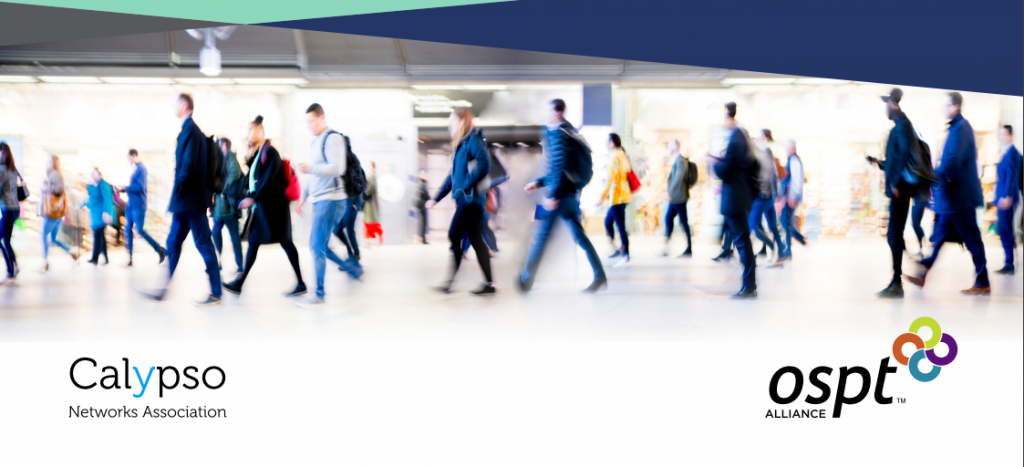
What are the benefits of open standards in transport ticketing?
- By Chaix Manon
- In
Open standards level the playing field by enabling innovation and encouraging competition. They work to the user’s benefit, promote economic growth, and provide a sustainable future for local authorities, operators, and governments, both as users and purchasers.
A key objective of public transport is to provide mobility services for the communities they serve. This often includes travellers from different cities, regions, or countries. But mostly, it is about local people wanting to move around their town, city or region cost-effectively and without hassle.
But why should transport operators and authorities care about open ticketing standards?
Because open standards….
… play a vital role in shaping the future of ticketing:
Standards are vital to ensure seamless operations between devices and systems, and to secure sensitive information. But a truly open standard is driven by member-led groups; they can be freely accessed, adopted, and improved upon.
Open standards level the playing field by enabling innovation and encouraging competition. They work to the user’s benefit, promote economic growth, and provide a sustainable future for local authorities, operators, and governments, both as users and purchasers.
… facilitate broader adoption and reduce costs:
By opening a standard, you remove one the biggest barriers to adoption – the cost of acquiring and using the standard. The ability for all participants within the community to be able to input and share insights helps to control and reduce costs. It does this by promoting competition, avoiding vendor lock-in by moving away from proprietary solutions, and encouraging production at economies of scale.
… increase innovation
By bringing people with diverse backgrounds and goals together you can define and shape the future ticketing roadmap. Open standards inspire effective innovation at a local level through experience, information sharing, and competition.
Using member-driven standards as a baseline also allows manufacturers to focus on product differentiation. If the core element of the offering is standardised, resources can be focused on developing complementary services and features to innovate and define a unique selling point.
… offer sustainability to users, long-term:
Open standards are at the heart of interoperability. In transport ticketing, using member-driven community standards means that operators and authorities have assurances that they are at the centre of any ticketing standard development. Importantly, they are in control.
To optimise seamless, convenient travel you must recognise ticketing as the key enabler. You can do this by working as a community to deliver traveller needs effectively and efficiently. The next generation of open ticketing standards will be the catalyst to define new joined up services at affordable costs in the future. It is vital that operators and authorities lead this innovation, in order for ticketing to become the gateway to consumer mobility.
Looking to the Future:
We are working closely with OSPT Alliance to promote long-term system sustainability through open standards. As part of our collaboration, we have developed an eBook that explores the impact that an open ticketing standard can have for operators and authorities. It details the value and reality of using truly open transport ticketing solutions to deliver innovative, sustainable, and cost-effective systems, with usability at the core.
Banish any myths or misconceptions you may have about open standard ticketing. This eBook explains:
- What constitutes an open standard and the different type of standards the market uses.
- The ability of standards to contain a ticketing system’s total cost of ownership.
- How globally defined member-driven standards meet local needs and support innovation.
- The vital role of the transport community in defining the functionality required.
- How ticketing standards can become the gateway to consumer mobility.
Download the eBook to learn more.
If you want to learn more about the collaboration and how we’re working to deliver the future of open standards in transport ticketing, visit www.ticketingopenstandards.org for more information and resources.

